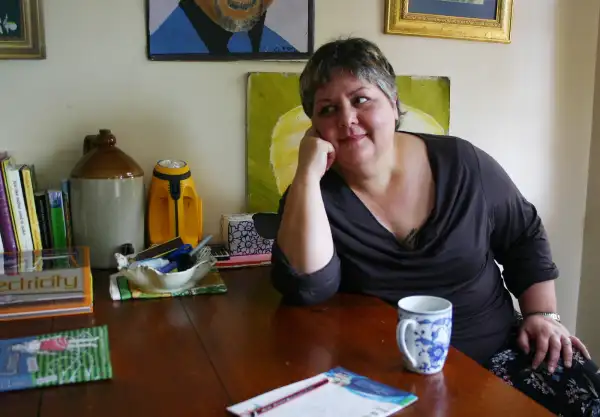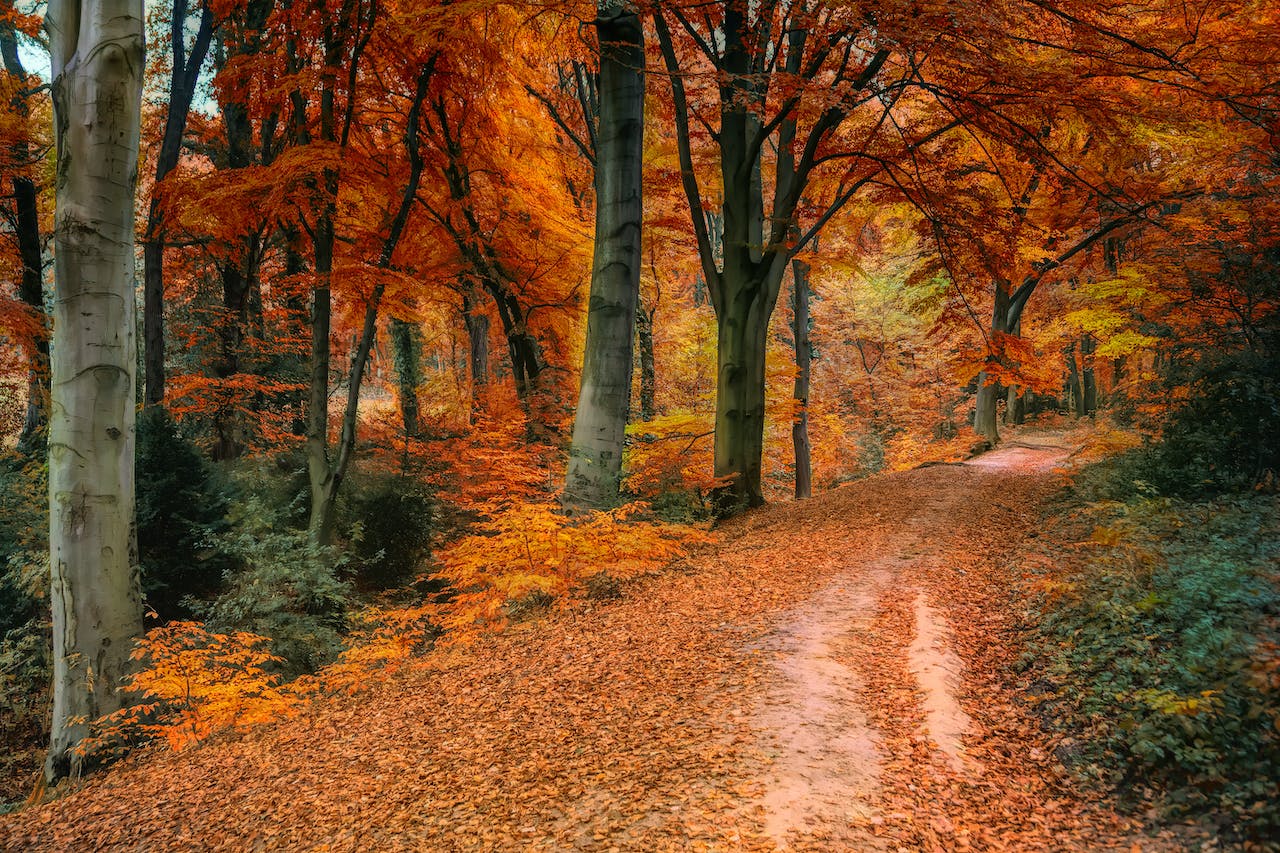BY ANDREW SALOMON
Not every writer (or reader) likes the word ‘genre’ – but there is no denying that distinct categories exist in fiction writing. We are all drawn to particular kinds of stories that resonate with us, and if we think back on novels that have made a deep impression on us, the chances are good that they each belonged to a well-defined genre.
Every genre has its own conventions, and as a storyteller, developing an understanding of these can help you satisfy readers’ expectations. Let’s have a look at some tips and tricks you can use when writing thrillers, romance, science fiction or fantasy.
Thrillers
Thrillers are very much about keeping readers on the edge of their seats, and the best way to do so is by skilfully employing suspense and tension:
- Begin by crafting a gripping premise that immediately hooks the reader. For example, The Da Vinci Code by Dan Brown is, at its core, a perilous quest to uncover deeply hidden secrets. Brown combines this simple yet intriguing premise with historical facts and a fast-paced narrative to captivate the reader from the very first page.
- Keep a balance between pacing and twists. You want to maintain a steady pace of plot development and keep the tension high and varied with strategically placed twists and surprises. A great example of this is Gillian Flynn’s Gone Girl with its unreliable narrator and surprising revelations.
Romance
The romance genre transports readers into a world of highly amplified love and passion. Here are some of the conventions that get readers emotionally invested in popular romance novels:
- Deeply compelling characters. Every successful romance novel draws the reader into the transformative journeys of its characters as they pursue love and emotional fulfilment.
Protagonists can (and should) have flaws and foibles, as long as they are relatable – this way the reader can empathise with them and keep rooting for them.
- Chemistry (and lots of it). The success of your romance novel depends strongly on how believable the connection between your main characters is. To achieve this, obstacles, misunderstandings, and tumultuous emotions all communicate that two people have a love worth fighting for.
- It can also be very useful to give your characters contrasting personalities that eventually lead to romance. Take, for example, Elizabeth Bennet and Mr Darcy in Jane Austen’s Pride and Prejudice, or the unexpected pairing of a big-city socialite and a gruff fisherman in Tessa Bailey’s It Happened One Summer.
Science fiction
Science fiction offers writers a unique platform to explore futuristic worlds, almost always through the lens of the potential applications and dangers of technology. Considering the following principles will help you create a believable and immersive sci-fi experience:
- Your fictional world must be coherent. Sci-fi benefits richly from dedicated world-building to establish the rules and limitations of your setting. Your story can take place in truly astonishing futuristic worlds – as long as you apply the established rules and physics consistently (or else you need a convincing reason not to). Orson Scott Card’s Ender’s Game, Frank Herbert’s Dune, and Ursula K. Le Guin’s The Left Hand of Darkness are all great examples of extensive and intricate universes that are outlandish, yet still believable.
- Sci-fi often examines the impact of scientific and social innovations. While highly entertaining, sci-fi also serves as an insightful medium for investigating the intricate relationship between individuals and society, set against the backdrop of distinctive political systems, technologies and cultures. An iconic example is Isaac Asimov’s Foundation series, where we see the ramifications of predicting the future using ‘psychohistory’.
Fantasy
Fantasy is known for taking readers on enchanting journeys through worlds characterised by magic, myths and the supernatural. When writing a fantasy novel, keep a strong focus on these elements:
- A rich mythology. By developing a detailed mythology and magic system that shapes your fantasy world, you can guide your reader’s perception of it and convince them that your characters are behaving authentically. One of the most complete examples of this is J. R. R. Tolkien’s The Lord of the Rings, which masterfully immerses the reader in the languages, histories and mythologies of Middle-earth.
- Heroes who embark on epic quests. Astonishing settings and battles are great elements of fantasy novels, but what really keeps readers engaged is seeing the extraordinary transformation of its heroes as they undertake epic journeys. George R. R. Martin’s A Song of Ice and Fire enthrals audiences with its constantly expanding narrative and multi-layered characters engaged in high-stakes struggles for survival, revenge and power.
Genre fiction is often criticised for stifling creativity or limiting the potential of a story. But a firm grasp of the different elements and characteristics of a genre places you in a better position to deliver what its fans crave. Genre can become another tool in your writers’ toolbox to broaden your storytelling skills. And it’s a great excuse to reread many of the classics.
About the Author

Renowned author Andrew Salomon has won numerous accolades, most notably being shortlisted for the prestigious Terry Pratchett First Novel Award for his breakthrough novel, Tokoloshe Song.
Salomon’s short fiction has also been acknowledged by the Commonwealth Short Story Prize, the PEN Literary Award for African Fiction and the Short.Sharp.Stories Award, emphasising his talent in the short story format.
The scope of Salomon’s work expands into the realm of young adult thrillers, where he has penned The Chrysalis and Wonderbear, capturing young minds with intriguing storylines. His most recent novel, The Equilibrist, delves into the dark fantasy thriller genre, showcasing his adeptness at building tension and crafting atmospheric settings.
Beyond his writing, Salomon holds an MA from the Institute for Archaeology at University College London. His academic pursuits have led him to explore rock painting and engraving sites in subterranean caves and rock shelters worldwide, experiences that often permeate his writing, lending a unique flavour to his stories.
As an experienced tutor for well over a decade at the Writers College, Salomon mentors writers on several courses, including the Write a Novel Course, the Advanced Novel Writing Course, and the Short Story Writing Course. Here, he guides aspiring writers, transferring his wealth of knowledge and skills, while continuing to inspire with his literary achievements.
Dive into the thrilling step-by-step journey of crafting your very own novel at the Writers College! From your living room, you’ll be guided by an acclaimed, award-winning author. Unearth the secrets to riveting storytelling. No rush, no stress, just your imagination running free at your own pace. Transform from novice to pro, gaining tools to create a manuscript ready for the publisher’s desk. Or simply enjoy the pleasure of bringing your characters to life. Grab your spot now and let us help you craft your manuscript.












